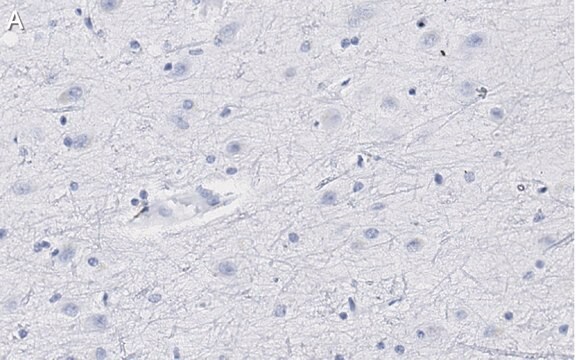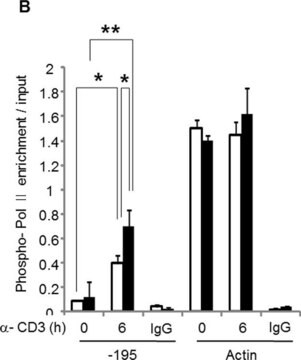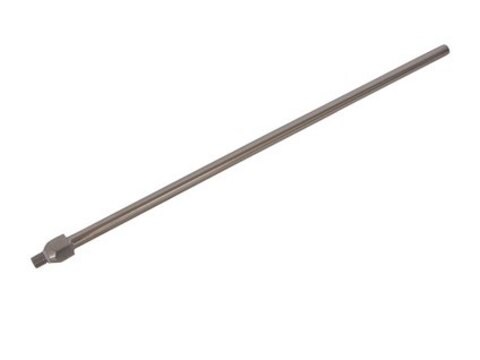ABN426
Anti-phospho-Neurogranin (Ser36)/Neuromodulin (Ser41) Antibody
serum, from rabbit
Synonym(e):
Protein kinase C substrate 7.5 kDa protein RC3
About This Item
Empfohlene Produkte
Biologische Quelle
rabbit
Qualitätsniveau
Antikörperform
serum
Antikörper-Produkttyp
primary antibodies
Klon
polyclonal
Speziesreaktivität
mouse
Speziesreaktivität (Voraussage durch Homologie)
rat (based on 100% sequence homology)
Methode(n)
western blot: suitable
NCBI-Hinterlegungsnummer
UniProt-Hinterlegungsnummer
Versandbedingung
wet ice
Posttranslationale Modifikation Target
phosphorylation (pSer36)
Angaben zum Gen
mouse ... Nrgn(64011)
rat ... Nrgn(64356)
Allgemeine Beschreibung
Spezifität
Immunogen
Anwendung
Neurowissenschaft
Neuroregenerative Medizin
Qualität
Western Blotting Analysis: A 1:1000 dilution of this antibody detected phospho-Neurogranin (Ser36) / Neuromodulin (Ser41) in 10 µg of Mouse brain tissue lysate treate with magnisium (lane1) or PKC (lane2)
Zielbeschreibung
Physikalische Form
Lagerung und Haltbarkeit
Handling Recommendations: Upon receipt and prior to removing the cap, centrifuge the vial and gently mix the solution. Aliquot into microcentrifuge tubes and store at -20°C. Avoid repeated freeze/thaw cycles, which may damage IgG and affect product performance.
Sonstige Hinweise
Haftungsausschluss
Sie haben nicht das passende Produkt gefunden?
Probieren Sie unser Produkt-Auswahlhilfe. aus.
Lagerklassenschlüssel
12 - Non Combustible Liquids
WGK
WGK 1
Flammpunkt (°F)
Not applicable
Flammpunkt (°C)
Not applicable
Analysenzertifikate (COA)
Suchen Sie nach Analysenzertifikate (COA), indem Sie die Lot-/Chargennummer des Produkts eingeben. Lot- und Chargennummern sind auf dem Produktetikett hinter den Wörtern ‘Lot’ oder ‘Batch’ (Lot oder Charge) zu finden.
Besitzen Sie dieses Produkt bereits?
In der Dokumentenbibliothek finden Sie die Dokumentation zu den Produkten, die Sie kürzlich erworben haben.
Unser Team von Wissenschaftlern verfügt über Erfahrung in allen Forschungsbereichen einschließlich Life Science, Materialwissenschaften, chemischer Synthese, Chromatographie, Analytik und vielen mehr..
Setzen Sie sich mit dem technischen Dienst in Verbindung.







